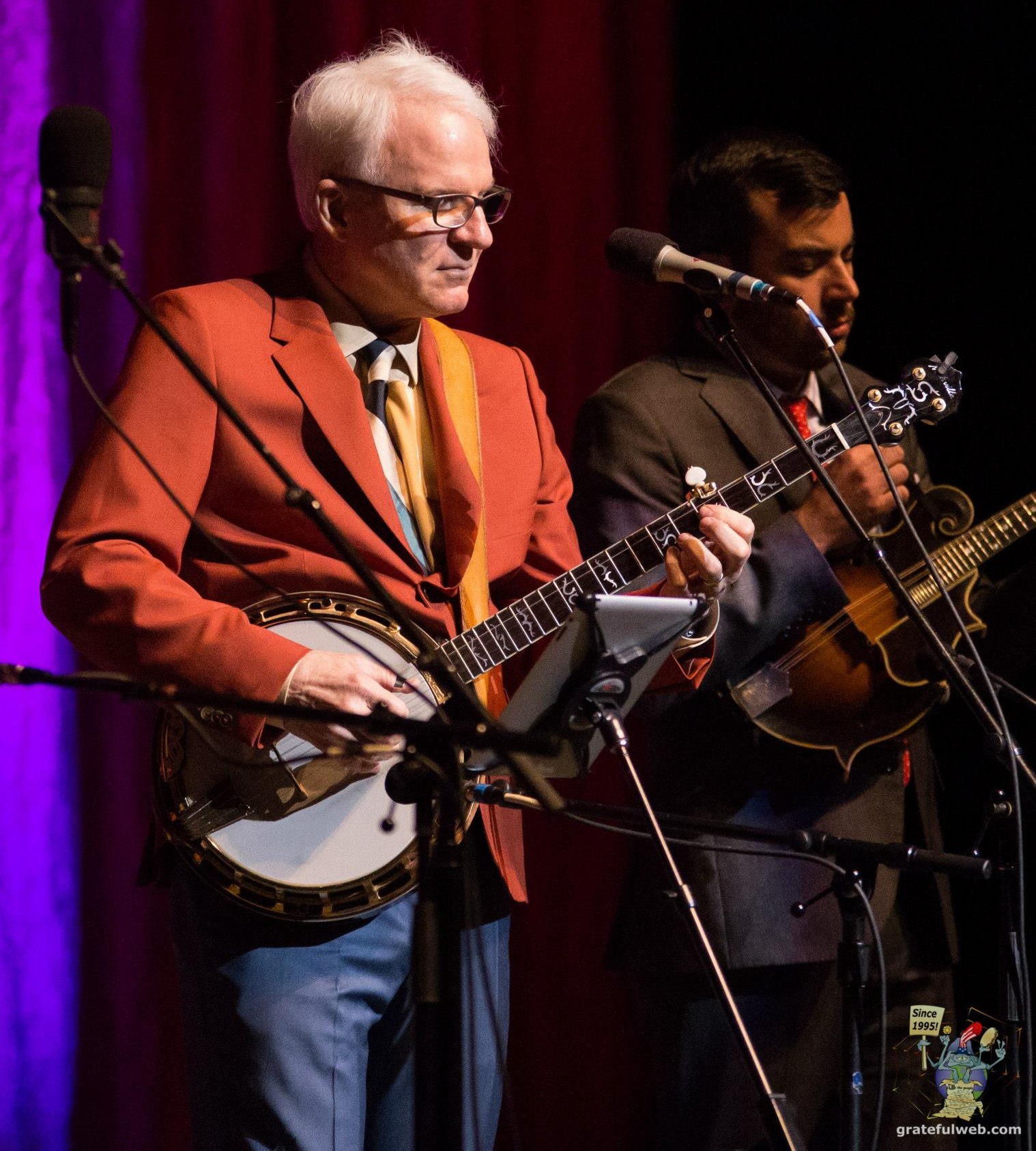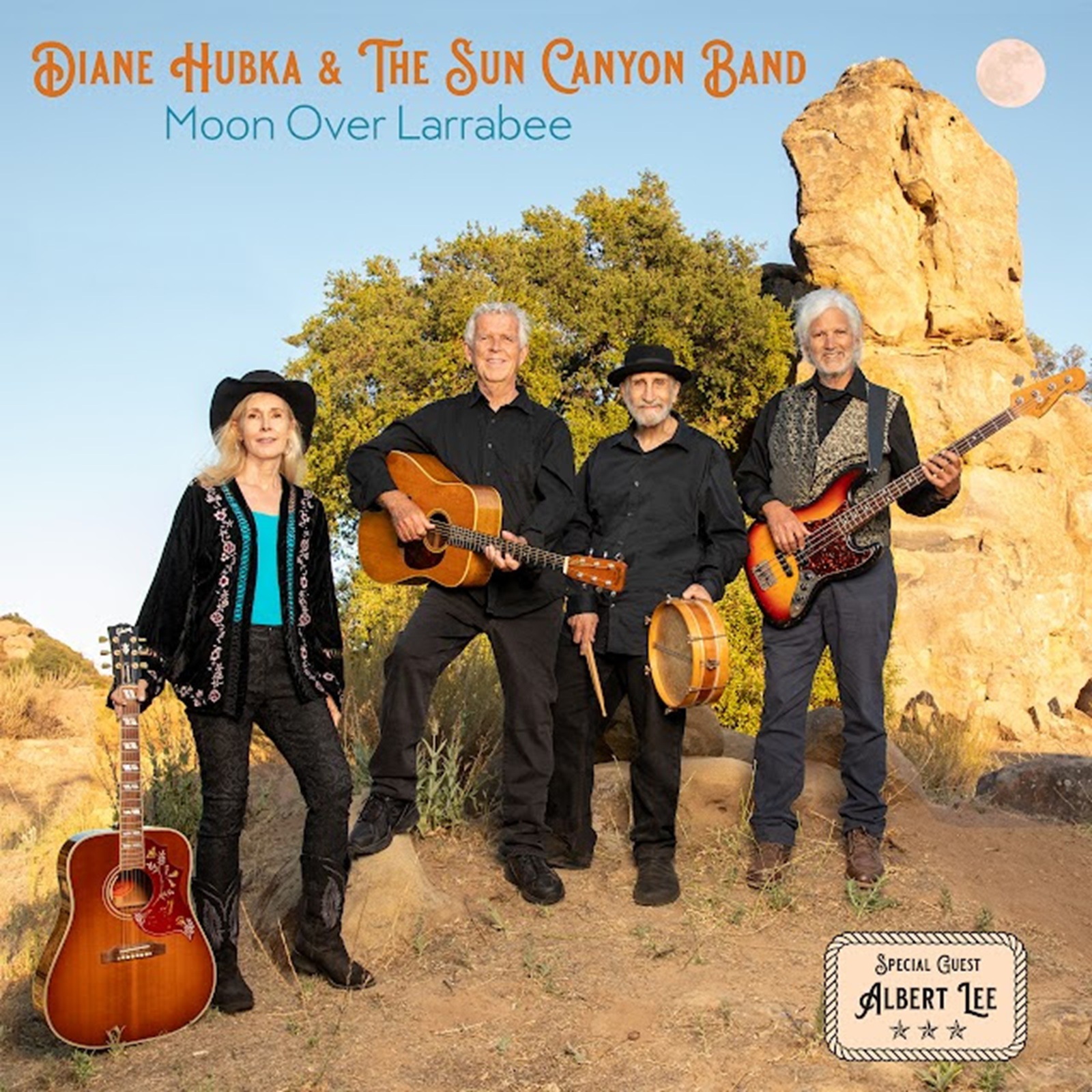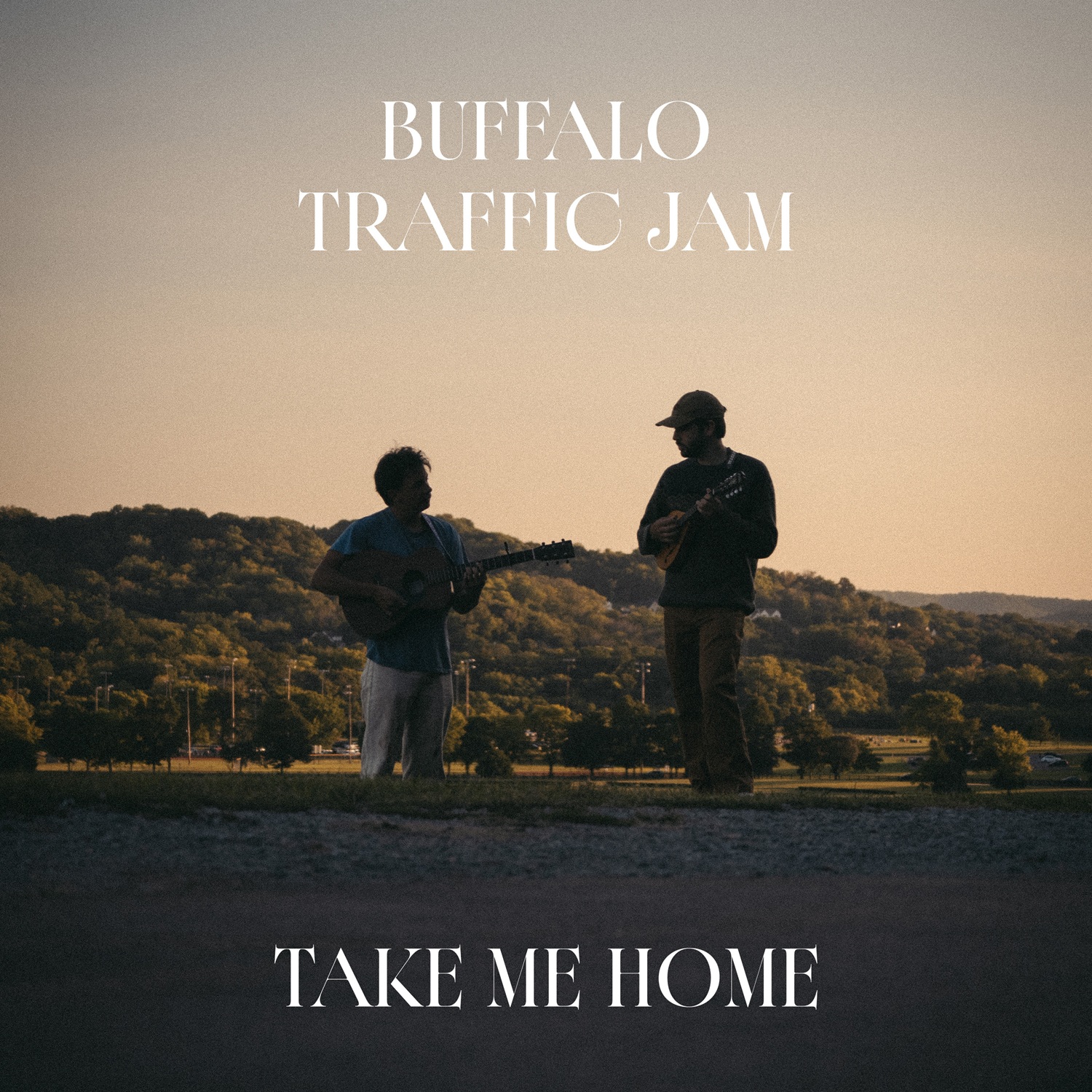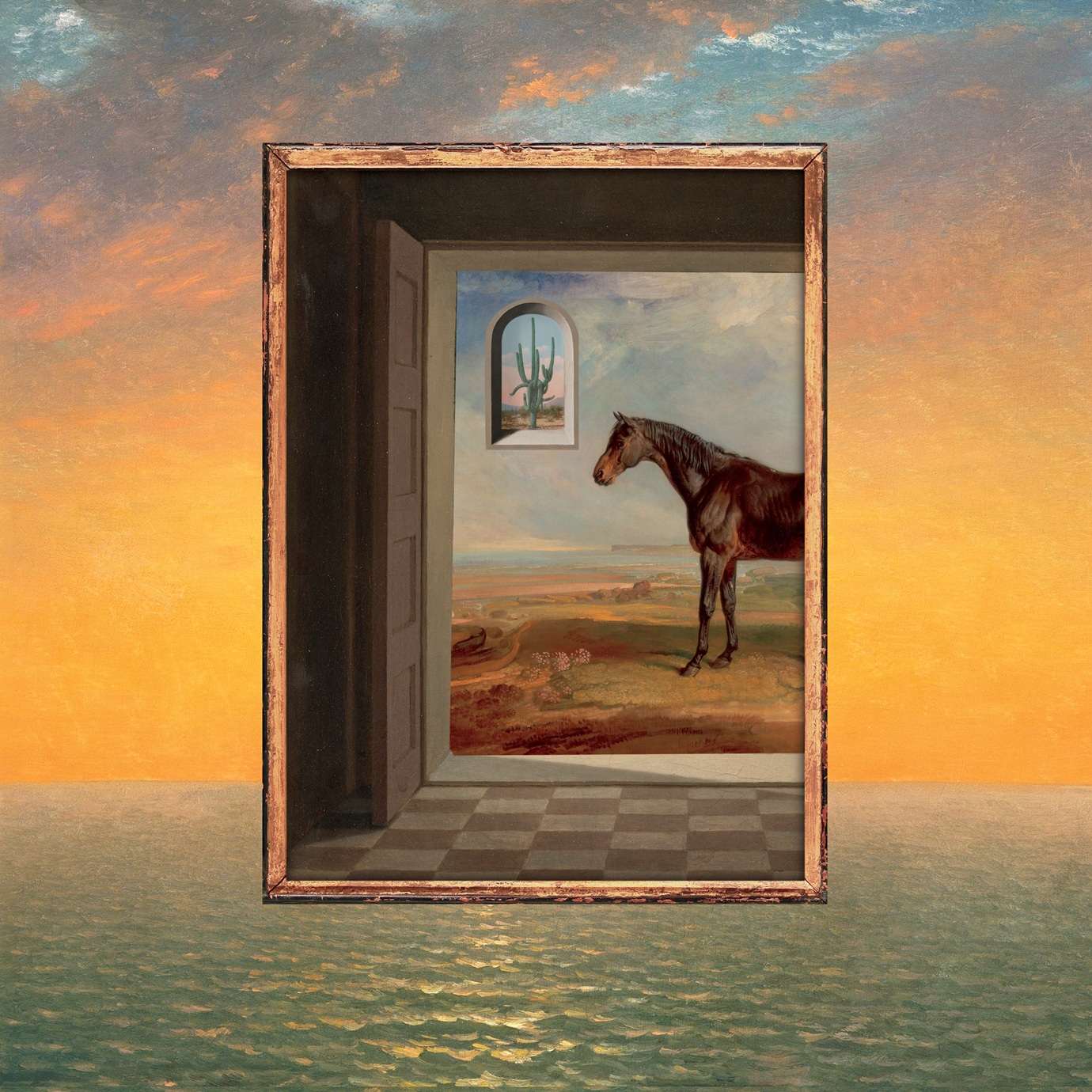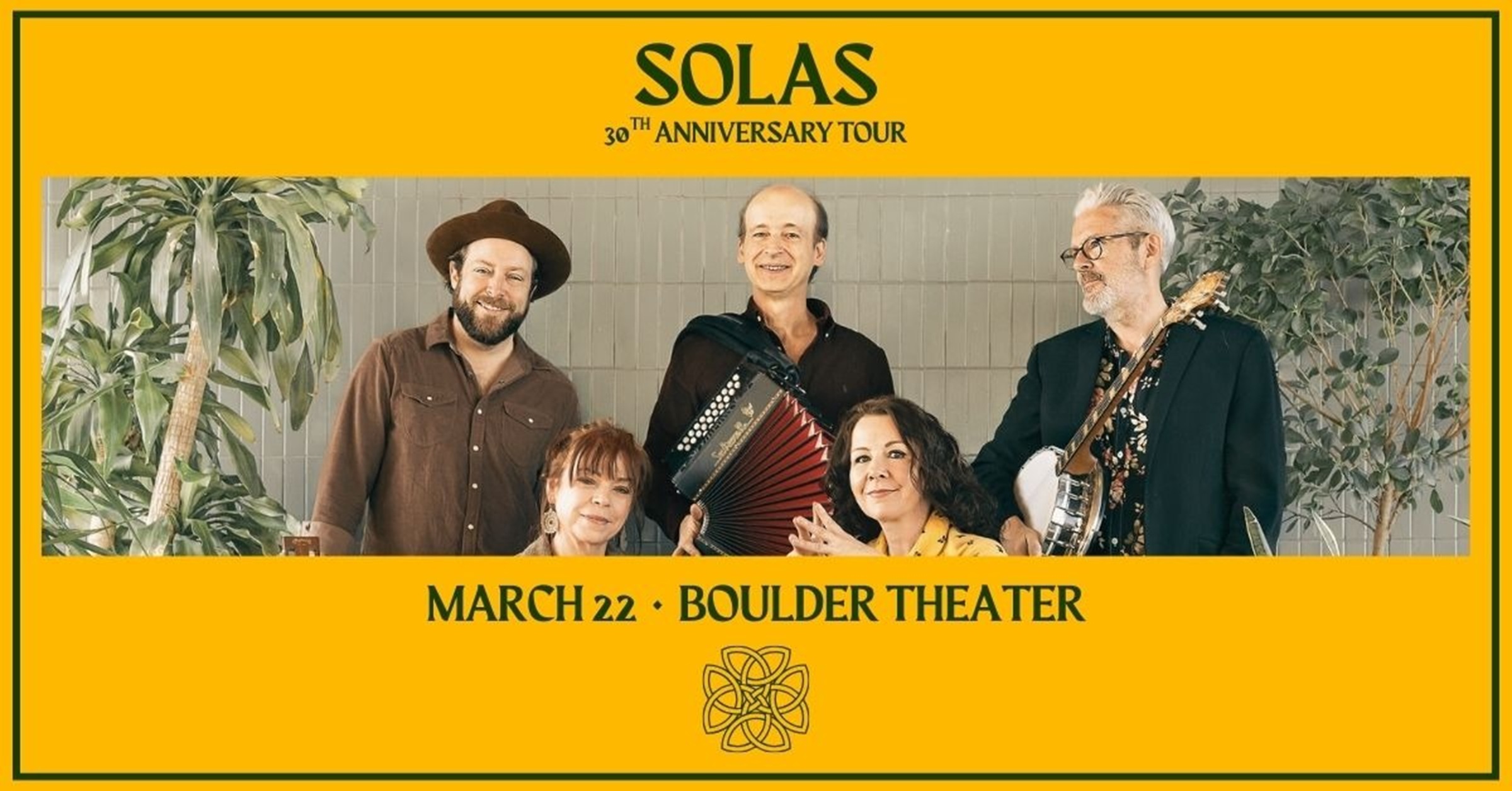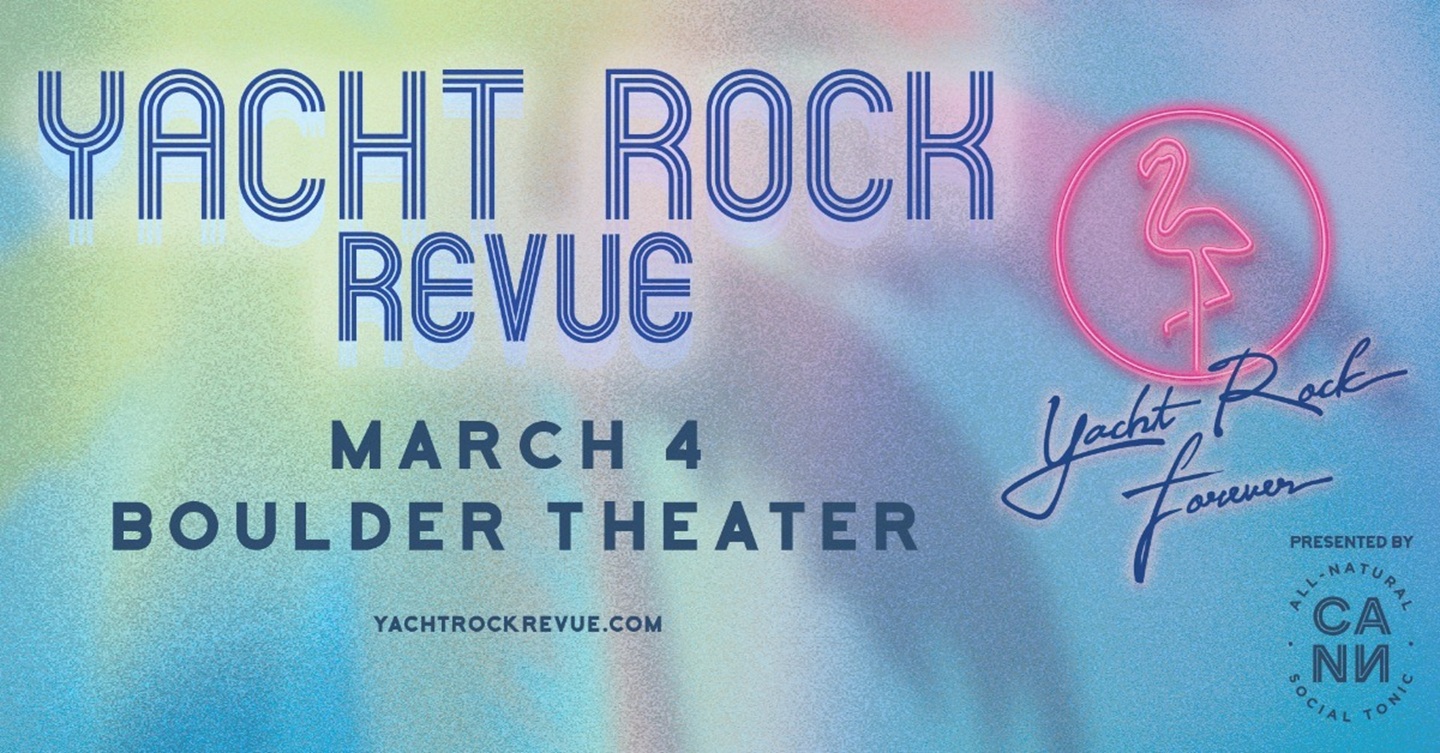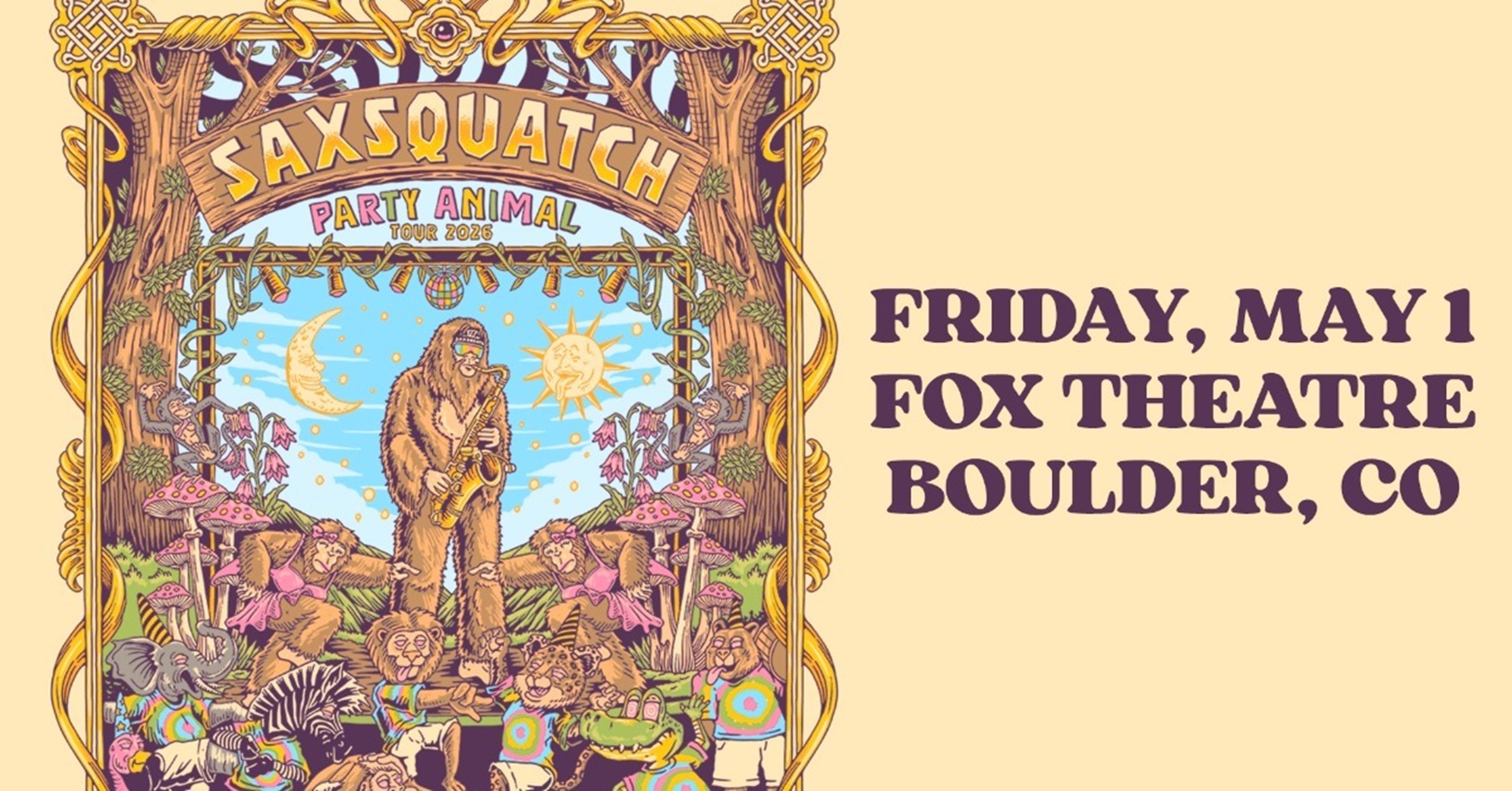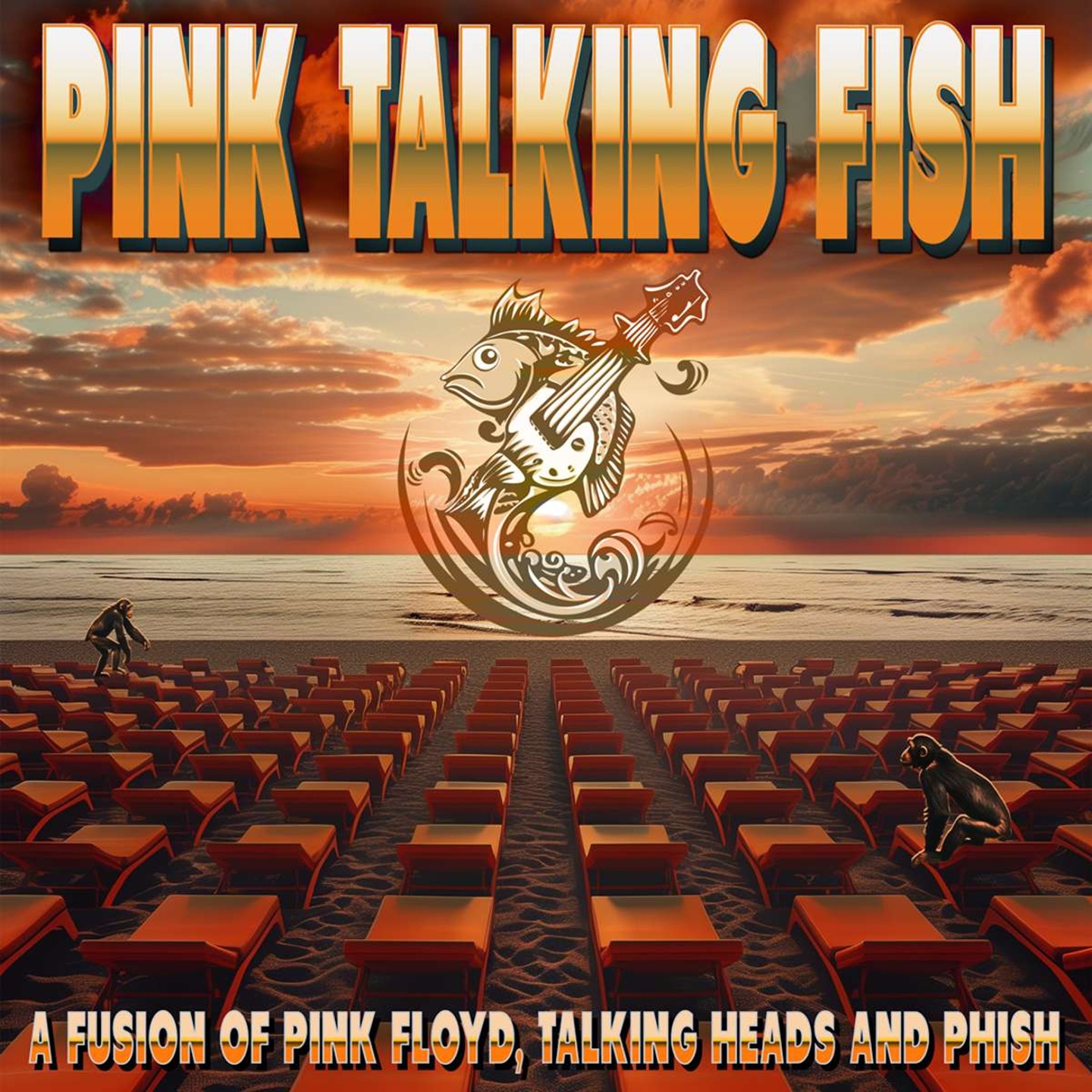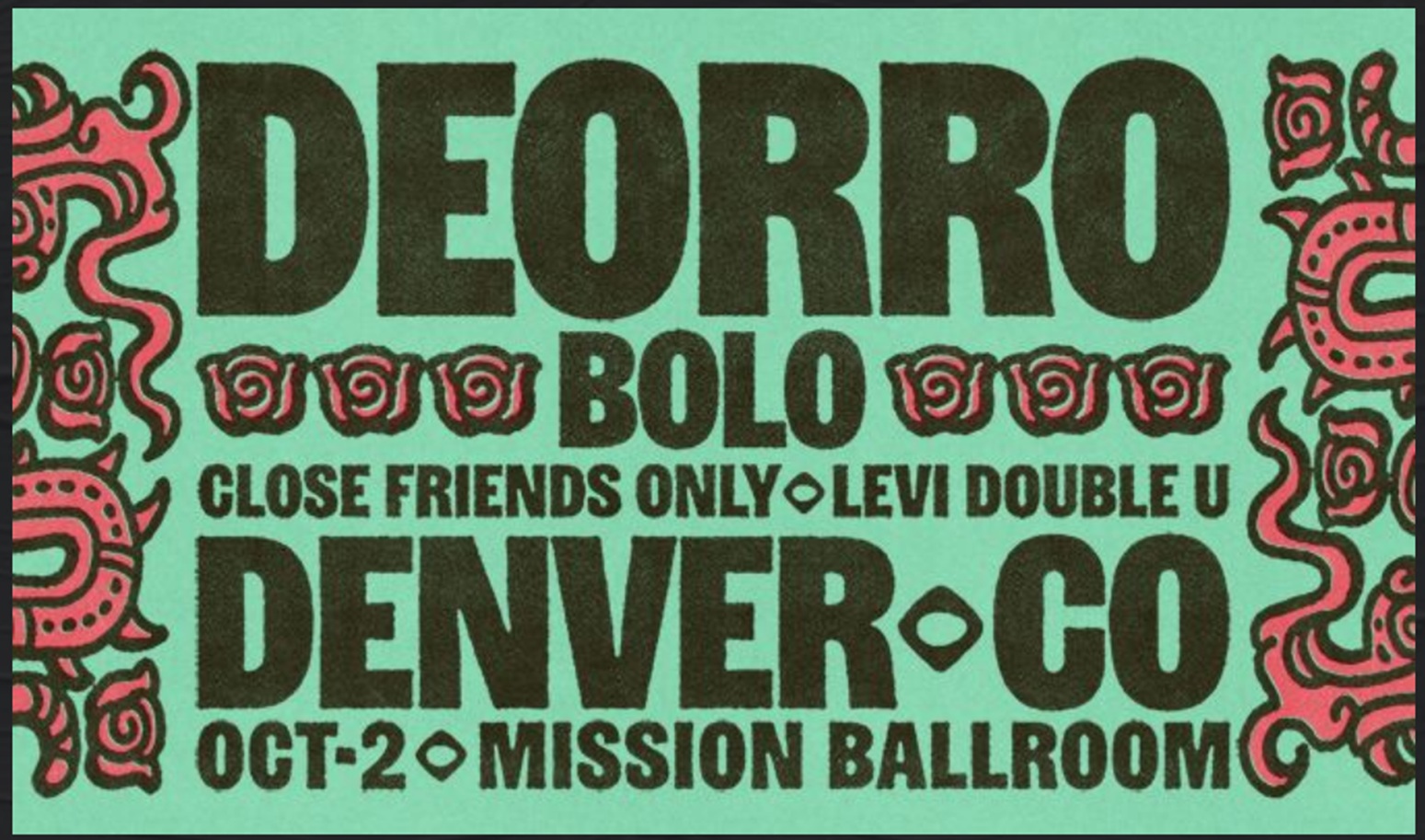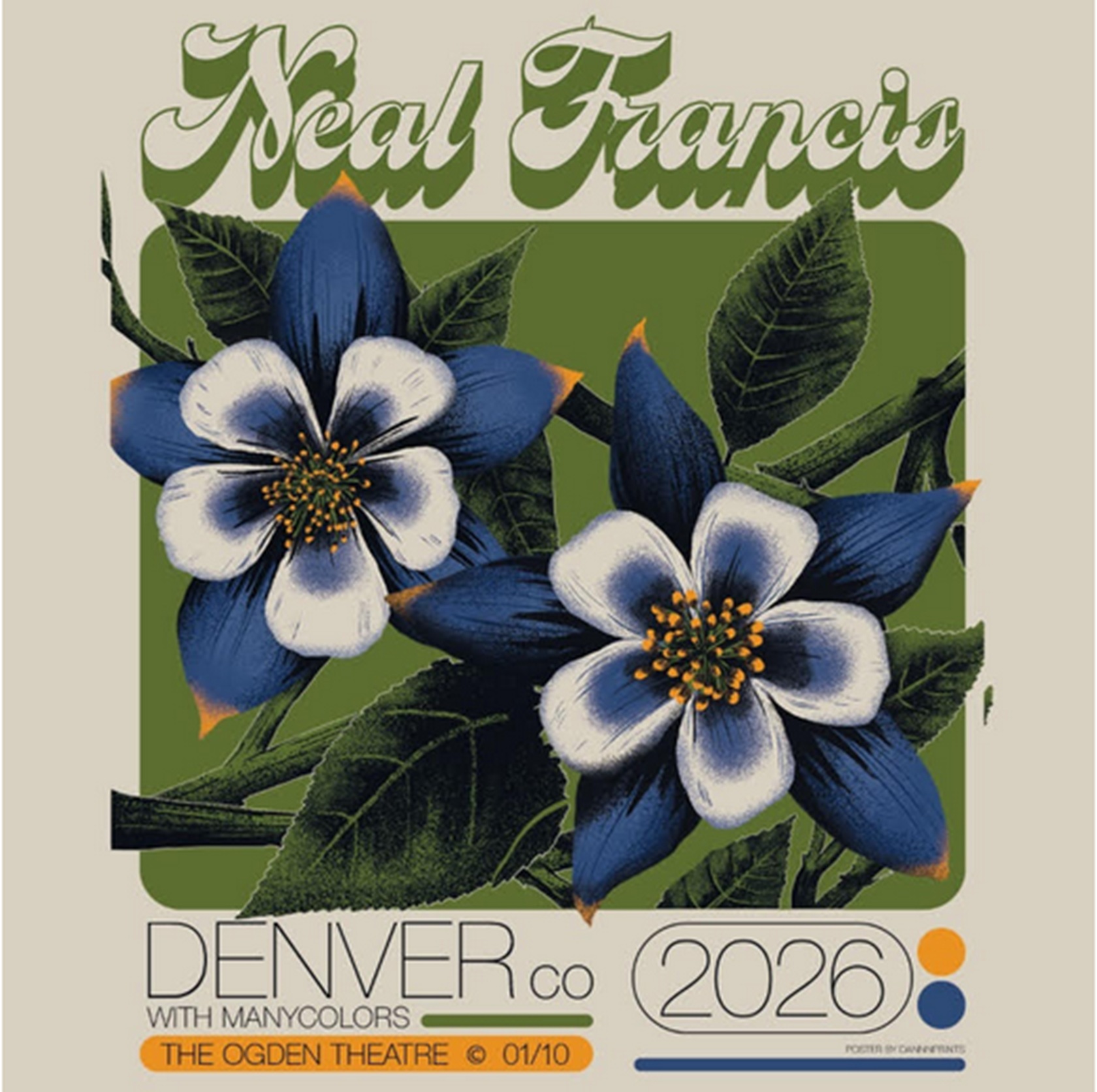Eighty looks good in a white suit (or red). Today we tip our arrow-studded hats to Steve Martin—comedian, actor, author, songwriter, banjo lifer—whose career has always felt like a dare: what if the silliest man in the room also chased craft like a monk? What if a rubber-chicken gag could sit next to a melody that makes your throat catch? With Steve, it can, and it does.
A lot of us came to him sideways, laughing first and realizing the depth later. The Jerk cracked the door: a misfit odyssey told with deadpan innocence and precision chaos. Then came the master class in heart and hilarity, Planes, Trains and Automobiles—two guys, one holiday, and a map of America that unfolds into something tender. It’s a film you can quote in your sleep, not because it’s easy, but because it’s true. The jokes land; the humanity lingers.
But for the Grateful Web crowd, there’s another thread that’s always made Steve feel like kin: the banjo. Not as a prop, not as a punchline—the five-string as a voice. His right hand snaps like a snare; his left hand sings in hammers and slides; the whole instrument turns into a grin you can hear. He didn’t dabble. He dug in. He wrote tunes that could stand on a festival stage at golden hour, he toured with crack players, and he made space for new pickers to be heard. In a world that loves shortcuts, Steve took the scenic route and learned every curve.
There’s that photo a lot of us know—Steve, a banjo on his knee, sharing the moment with Jerry Garcia & John Mcuen and friends in the ’70s. It’s a postcard from a crossroads: comedy’s brightest mind, the Dead’s most beloved picker, and a circle of musicians where curiosity outruns category.
“Wild and crazy guy” became a catchphrase, but it was always a philosophy. Be fearless. Be specific. Commit to the bit so hard it becomes its own universe. On Saturday nights he danced with absurdity. On Sunday mornings he wrote books. On weeknights he rehearsed with a band, chasing the pocket like it owed him money. The man who made “Funky Tut” a national earworm also penned waltzes that could hush a room. This is the dual citizenship of a lifer: half clown, half craftsman, all heart.
What we love most is the way he treats audiences like collaborators. He sets up a premise, you lean forward, and together you close the circuit. It’s how the best jam takes off: you can’t plan it, but you can prepare like crazy and then let go. Steve’s comedy never talked down; his music never dressed up as something it isn’t. He just shows you the work—clean lines, sharp turns—and trusts you to meet him there.
Age has only refined the thing. The voice is warmer, the picking surer, the writing more generous. He can still vault from pratfall to poignancy in a bar or two, but now there’s an afterglow—a gentle wink that says, “We got there together.” That’s the gift. Not the fame, not the hits, but the way he keeps inviting everyone into the circle: comics, pickers, oddballs, you, me.
So here’s to Steve Martin at 80: to the arrow and the five-string; to jokes that detonate and notes that land soft; to movies that sneak up on your heart and songs that stay after the credits. Spin “King Tut” if you must (we will), quote your favorite Del Griffith line with a friend, and if you own a banjo, give that fifth string a little extra love today. If you don’t, hum something sweet and call it even.
Happy birthday, Steve. May your punchlines keep their snap, your melodies keep their lift, and may the next left turn lead to another perfect laugh.





